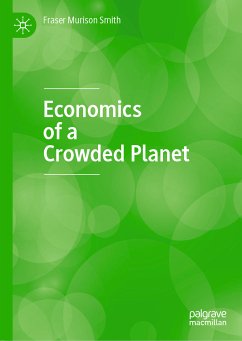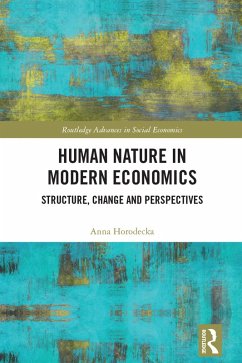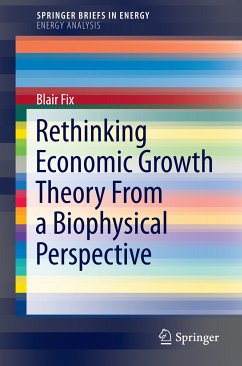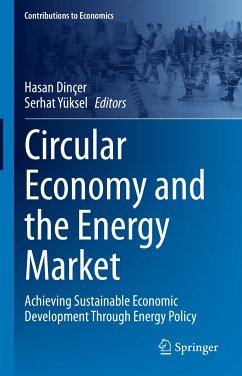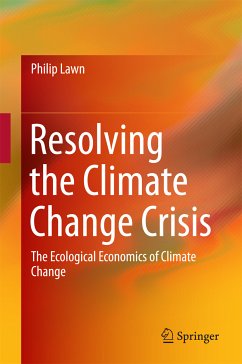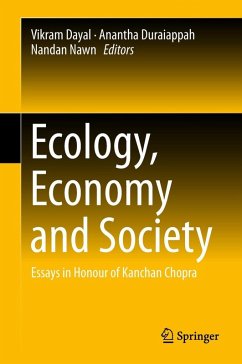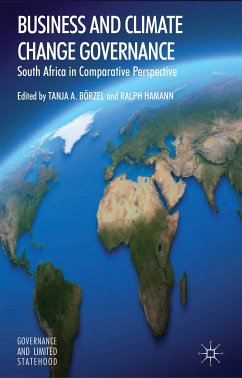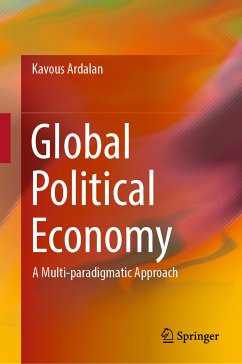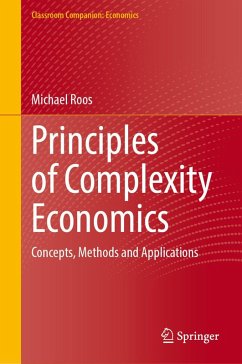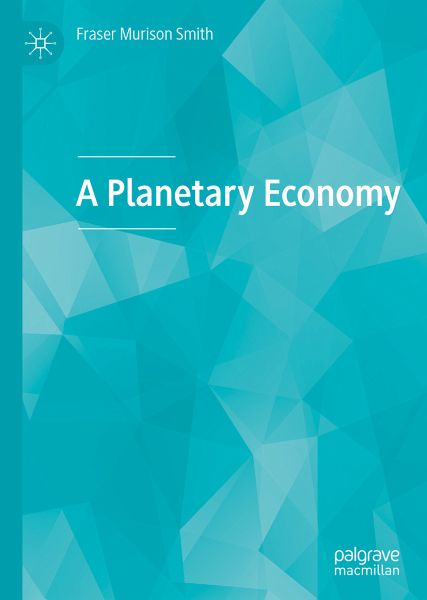
A Planetary Economy (eBook, PDF)
Versandkostenfrei!
Sofort per Download lieferbar
72,95 €
inkl. MwSt.
Weitere Ausgaben:

PAYBACK Punkte
36 °P sammeln!
This book asks, how would a stable, prosperous economy of the future look if one started with a blank sheet of paper? Given that the world's economy is locked into a coevolution with nature, the urgency of this question is brought into stark relief by the 2020 coronavirus pandemic and ongoing climate change. While physical technologies to build such an economy mostly exist, the social technologies, in the form of institutions, governance and policies, do not. The development of these social technologies will necessitate a reconsideration of economic norms: in particular, what is the economy fo...
This book asks, how would a stable, prosperous economy of the future look if one started with a blank sheet of paper? Given that the world's economy is locked into a coevolution with nature, the urgency of this question is brought into stark relief by the 2020 coronavirus pandemic and ongoing climate change.
While physical technologies to build such an economy mostly exist, the social technologies, in the form of institutions, governance and policies, do not. The development of these social technologies will necessitate a reconsideration of economic norms: in particular, what is the economy for, and what are we, as actors within it, striving for? This book integrates normative, institutional, political and economic requirements into a systematic framework to drive our present growth economy toward a future planetarian one. It outlines a suite of interrelated policies to increase the economy's material efficiency, establish a basic living standard, and reform the money system, while along the way eliminating economic debt and balancing government budgets.
The framework and policies together form a paradigm of market planetarianism: the idea that the power of markets may be used to steer the economy toward a desired long-term goal. The methodological aspects of this paradigm are covered in the companion volume, Economics of a Crowded Planet.
While physical technologies to build such an economy mostly exist, the social technologies, in the form of institutions, governance and policies, do not. The development of these social technologies will necessitate a reconsideration of economic norms: in particular, what is the economy for, and what are we, as actors within it, striving for? This book integrates normative, institutional, political and economic requirements into a systematic framework to drive our present growth economy toward a future planetarian one. It outlines a suite of interrelated policies to increase the economy's material efficiency, establish a basic living standard, and reform the money system, while along the way eliminating economic debt and balancing government budgets.
The framework and policies together form a paradigm of market planetarianism: the idea that the power of markets may be used to steer the economy toward a desired long-term goal. The methodological aspects of this paradigm are covered in the companion volume, Economics of a Crowded Planet.
Dieser Download kann aus rechtlichen Gründen nur mit Rechnungsadresse in A, B, BG, CY, CZ, D, DK, EW, E, FIN, F, GR, HR, H, IRL, I, LT, L, LR, M, NL, PL, P, R, S, SLO, SK ausgeliefert werden.



